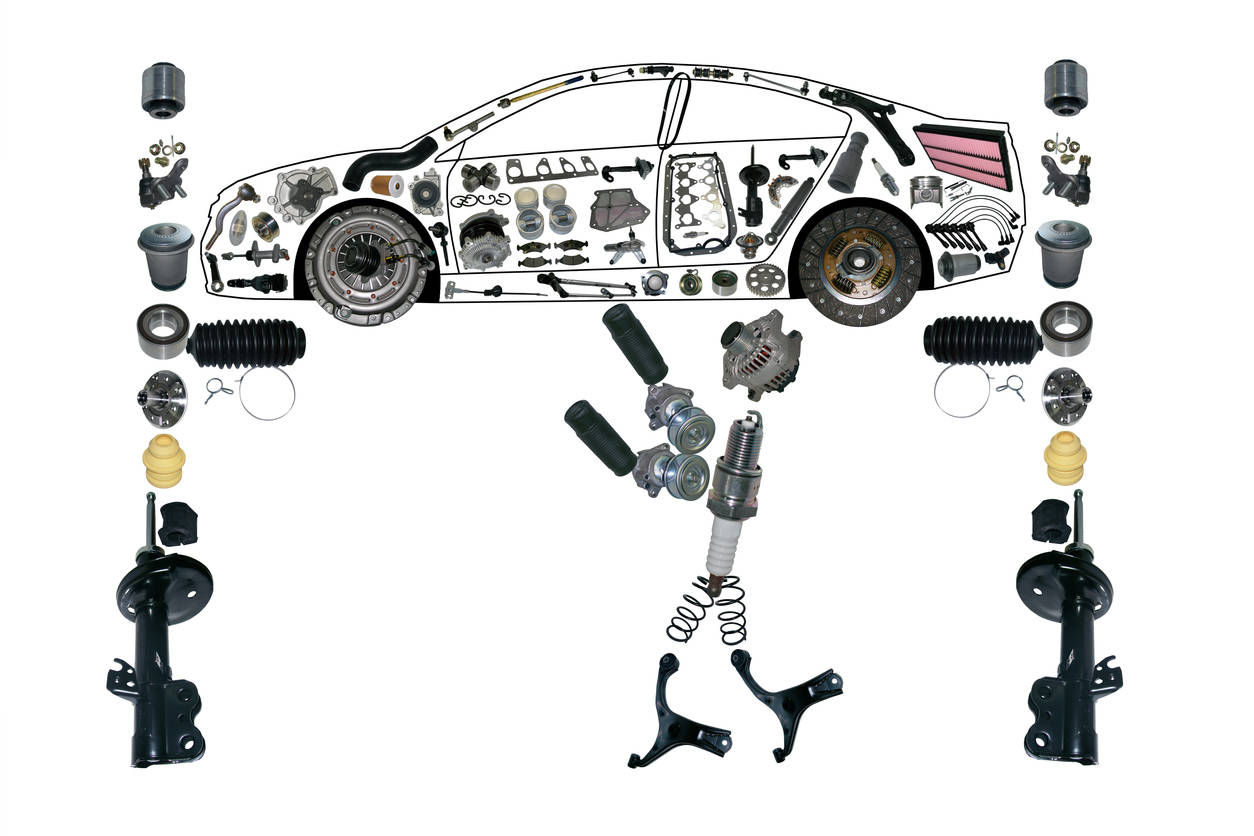
By Rakesh Sidana
Crisis begets opportunities. The COVID-19 pandemic has deprived many of their lives and livelihood. Even amid this traumatic and tragic situation there are new opportunities and avenues for profitable business. The used car sales, vehicle service and repair, manufacturing and supplying of branded parts, contactless booking for car servicing etc are some such business opportunities that the new crisis has promoted.
In India, the used car market has grown along with creating large opportunities for the aftermarket which is set to grow by a CAGR of 12% to reach USD 17 billion by 2025.
So far the car owners had no other choice but going to the OEM dealers for car maintenance and repair. New service centres of the OEM quality are available now. There are over 300,000 car repair centres across India. There are also chains of multi-brand car workshops and open markets for branded spare parts.
Among the many trends and market markers, the three that have created opportunities for the aftermarket are: Car owners’ awareness; love for the original and availability of OES spare parts; and doorstep deliveries and Do-It-Yourself (DIY) for vehicle servicing.
1. Car owners’ awareness
The large number of aggregators and startups in car servicing has helped to create awareness among the customers. There are also many multi-brand car workshops that can do quality work at affordable rates. Among the estimated 300,000 car workshops in India, only 5000 are organised by companies like MyTVS, Mahindra First Choice (recently acquired by TVS), Bosch, Castrol, Mobil1 and by some startups in the car servicing category.
The consumers have realised that cheap is not “that cheap” but it’s affordability that counts. They get the same standard of service at less cost since the OEM dealer has a policy of “replacement only” and no repair. In India, car owners do not mind repairing a small part or replacing it with a “used car part” rather than replacing the whole part at a high cost. This awareness makes some new automotive startups perform in this challenging aftermarket.
According to ACMA experts, “when there is a lockdown the vehicle needs to be serviced and the aftermarket sees a great spike in demand because a vehicle after remaining idle for 10-15 days needs some service and change in parts.”
During this pandemic when everybody’s business is affected and consumers are looking for more affordable services and repair, they will choose the local workshops and skip those of the OEM dealers.
Currently, 70% of car owners go to the nearest car workshop after the OEM warranty gets expired. Customers expect a warranty on new spare parts. The branded companies like Bosch and Gabriel have proven that their parts come along with warranty and they have expert mechanics to do the repairing. They give warranty on branded parts, as brake pads last for 24,000 km to 100,000 km. Every good quality part has a fixed period of running.
The multi-brand workshops offer annual maintenance schemes and memberships that assure the car owners that someone will take care of their car for the whole year at an affordable price. Even though there is no big increase in these AMCs, if they come with attractive offers, there are chances that customers will buy the “peace of mind-like support” for emergency roadside assistance.
2. Love for the original and availability of OES spare parts
The Original Equipment Supplier (OES) spare parts are the same as OEM spare parts in terms of authenticity and function. The key difference is that OES spare parts originate from many different assembly lines unlike the OEM spares. They follow the exact specifications as that of the OEMs and are developed with similar precision in details.
Earlier car owners had no choice and they paid what the dealer asked to pay for the sake of “Love for Original”. Original equipment suppliers like Bosch, Purolator, LUMAX and Minda, and many other branded suppliers have made the car owners believe that there is the same configuration part which they can buy at a lower price. There are many substitutes also. Some technology startups have also launched their own branded products in the aftermarket and their plan is to sell through retailer networks and spare parts franchises.
The suppliers are increasing their market share by providing quality spares along with warranty and expanding their delivery across India through their retail network. Gabriel is a leading manufacturer of ride control products. It has 18% share of the Indian aftermarket for products like shock absorbers and struts for passenger vehicles and 75% for commercial vehicles with 12000 retailers in its network.
The spare parts retailers whose business is affected this time would like to procure OES brands more as they come with a discount of 25% to 45% as compared to 5% to 10% ‘for the OEM spare parts.
Last time when factories opened, one of my friends asked me to come along with him on a visit to one of the small units where parts are manufactured using imported automated machines. I asked him why he is looking for more clients when he is already an OEM supplier.
His answer was, “We have no exclusive contract now with any OEM and in the current situation when we have financial issues,we are opening to the aftermarket.”
Similarly, many OES brands, even Gabriel, which provide parts to Maruti Suzuki, Volkswagen, Mahindra & Mahindra also supply to retailers in the aftermarket. Now, all manufacturers want to supply to the aftermarket which also has the same specifications and standards.
In the current crisis, selling parts to the aftermarket will benefit the small manufacturer and supplier to survive, and consumers will get the same part at an affordable price. Every supplier would open doors to the aftermarket and consumers are going to get the benefit.
3. Doorstep deliveries and Do-It-Yourself
Contactless booking for car servicing has become popular at this time. A customer who wants immediate servicing of his/her car prefers to ask a mechanic to come and pick up it, or there are vans loaded with basic tools to do doorstep servicing.
In other countries, people have a passion for knowing about the car and Do-It-Yourself services are very popular. In India, the current situation may push car owners to know the basics of Do-It-Yourself like checking oil, coolant and filters.
(Disclaimer: The author is the founder of MeriCAR, a platform for car garages in India. Now he is AVP (Spares) at GoMechanic. Views expressed are personal.)
















